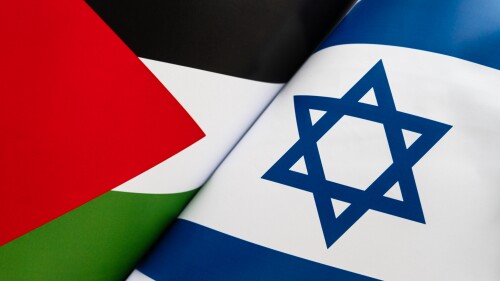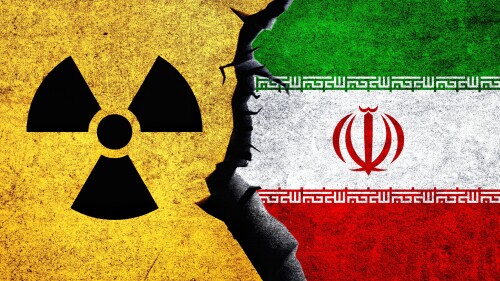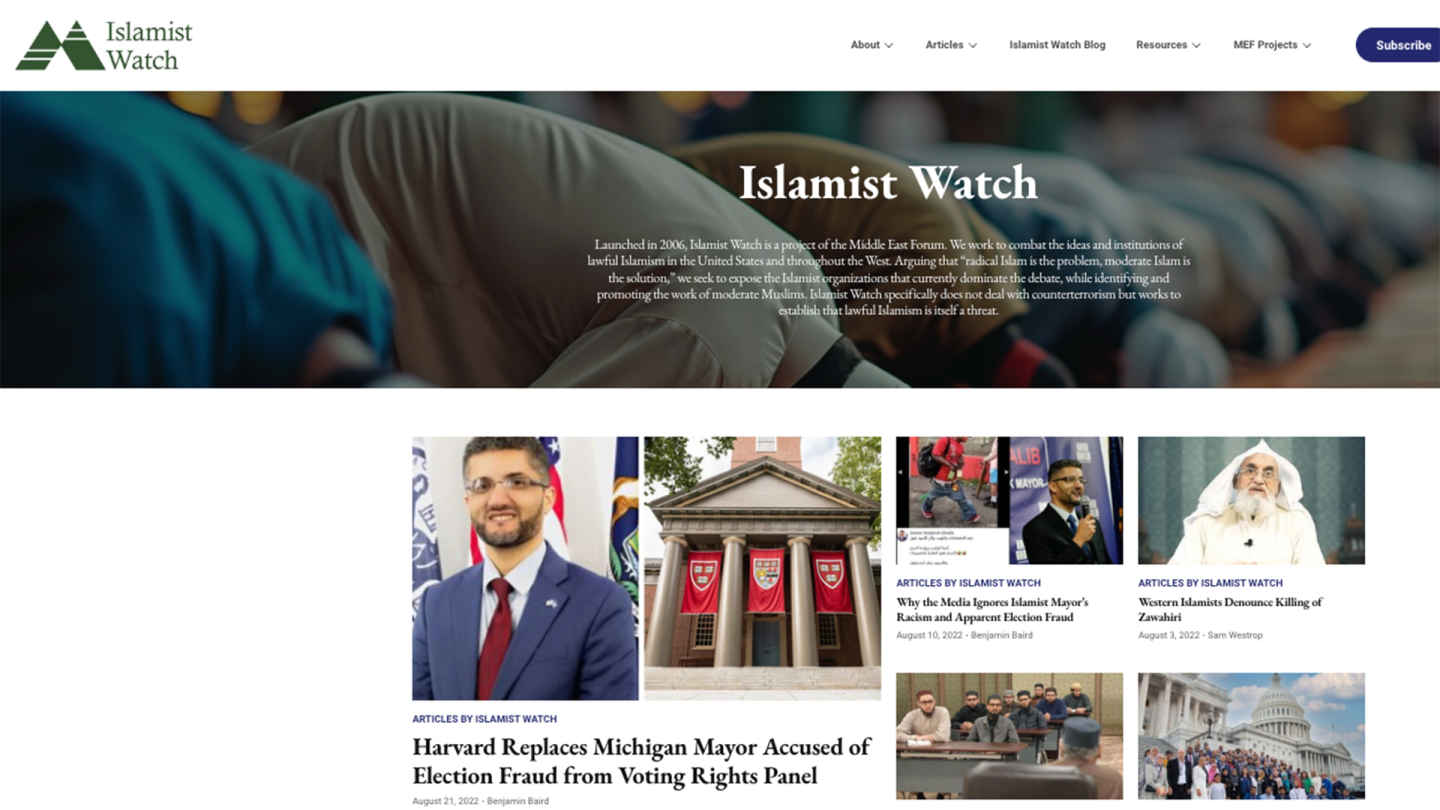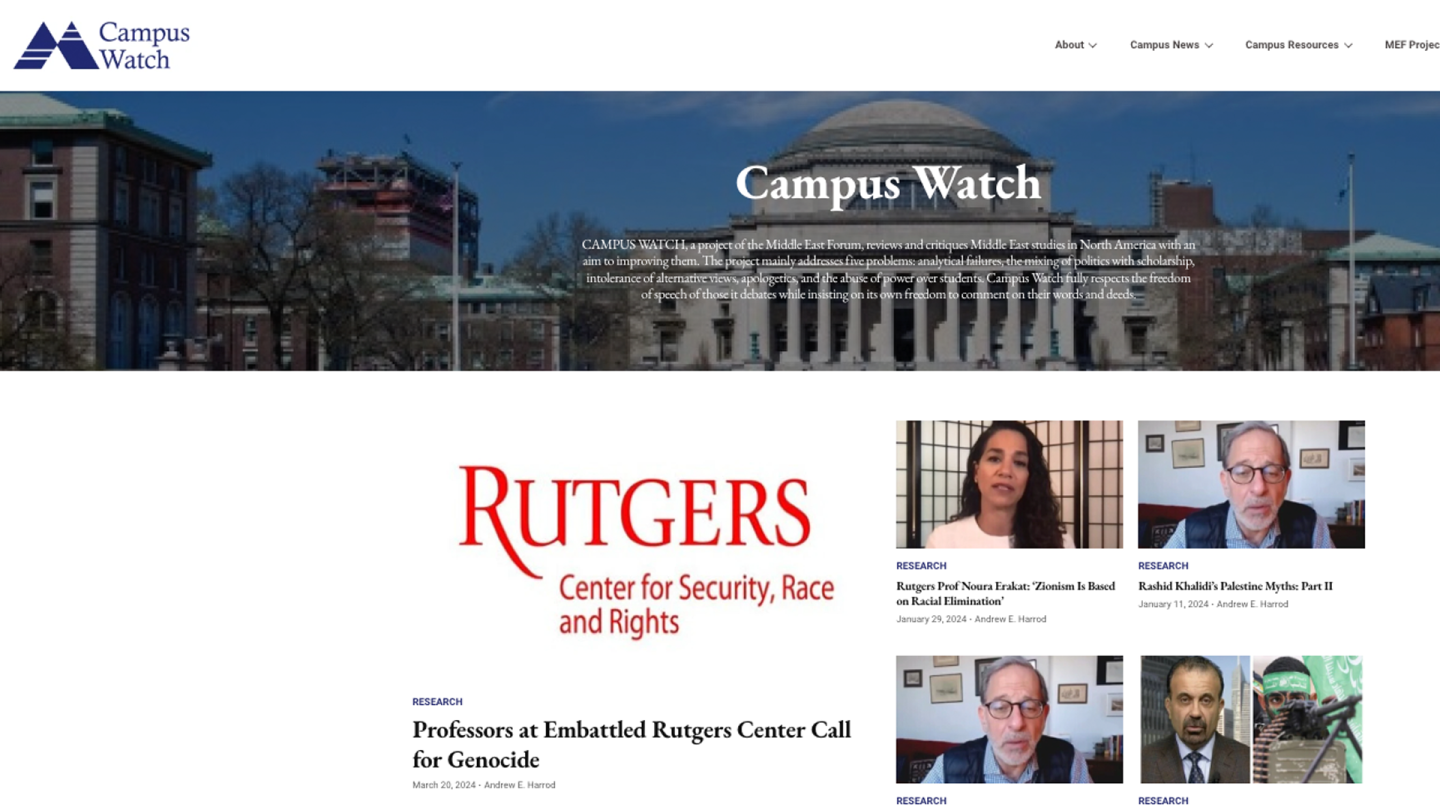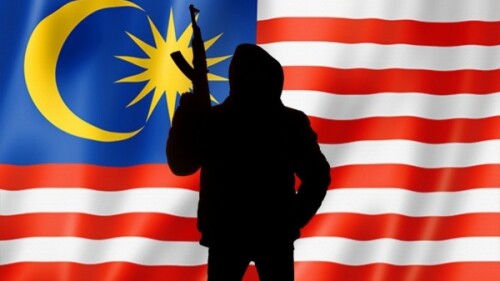Officials Claim Readiness for Nuclear Negotiations, but Their Conditions Remain Far from What Washington or Jerusalem Would Accept
The International Community No Longer Can Afford to Prioritize Diplomatic Virtue Signaling over Effective Strategies
The Alawite Insurgency Against the Government Continues to Exist but Presently at a Much Lower Level
The Regime’s Influential Ayatollahs Issue Serious Threats in Their Religious Decrees That Can Retain Their Potency
Should Tolerate Faculty Who Support Hamas, Hezbollah, the PFLP, or Any Other Terrorist Organization
The PKK Founder’s Latest Call Stands in Contrast to Decades of Armed Struggle Against a State That Has Denied Kurdish Rights
The Government Is Reducing Fuel Quotas and Is Considering Digital Fuel Cards, Tiered Pricing, and Energy Coupons
Each Group Should Reveal Their Expenditures and Sources of Income
The Iranian Regime Is Subcontracting Murders to European Criminal Networks: They Are Recruiting Mafia Organizations to Do Their Work, and No One Is Laughing at It Anymore.
Spotlight: The False Narratives of the Palestinians
False narratives of Palestinian settlement in parts of the modern state of Israel claim that “Palestinians” are the original inhabitants, while Israelis are “colonizers” with no historical claim to the land. Yet, as Daniel Pipes wrote in 2024, “Palestinians … are not an aboriginal, autochthonous, first, indigenous, or native people; most of them are as recently arrived as Zionists. They are also as ethnically diverse.”
What are these ahistorical narratives, and how can they be corrected? How do they affect the current wave of recognitions of a “State of Palestine” and public perceptions of Israel?
What are these ahistorical narratives, and how can they be corrected? How do they affect the current wave of recognitions of a “State of Palestine” and public perceptions of Israel?
Whatever Its Goal—Be It to Destroy Israel or Only Reduce Its Size—The Palestine Liberation Organization (PLO) Is Israel’s Most Intimate and Permanent Enemy
Middle East Quarterly - Current Issue
Founded in 1994 by Daniel Pipes, MEQ is the Middle East Forum’s journal intended for both scholars and the educated public. Policymakers, opinion-makers, academics, and journalists write for and read the Quarterly, which is known for exclusive interviews, in-depth historical articles, and book reviews on subjects ranging from archaeology to politics and on countries from Morocco to Iran.
Fall 2025 Volume 32: Number 4
Fall 2025 Volume 32: Number 4
Middle East Forum Observer
Founded in 2024, the Observer provides rapid analysis on leading Middle East developments, from Marrakech to Mashhad and the Bab el-Mandeb to the Black Sea.
Launched in 2006, Islamist Watch is a project of the Middle East Forum. We work to combat the ideas and institutions of lawful Islamism in the United States and throughout the West. Arguing that “radical Islam is the problem, moderate Islam is the solution,” we seek to expose the Islamist organizations that currently dominate the debate, while identifying and promoting the work of moderate Muslims.
CAMPUS WATCH, a project of the Middle East Forum, reviews and critiques Middle East studies in North America with an aim to improving them. The project mainly addresses five problems: analytical failures, the mixing of politics with scholarship, intolerance of alternative views, apologetics, and the abuse of power over students. Campus Watch fully respects the freedom of speech of those it debates while insisting on its own freedom to comment on their words and deeds.













